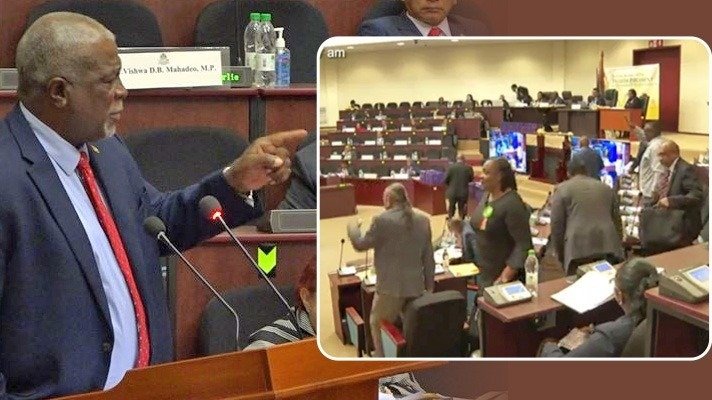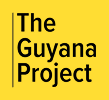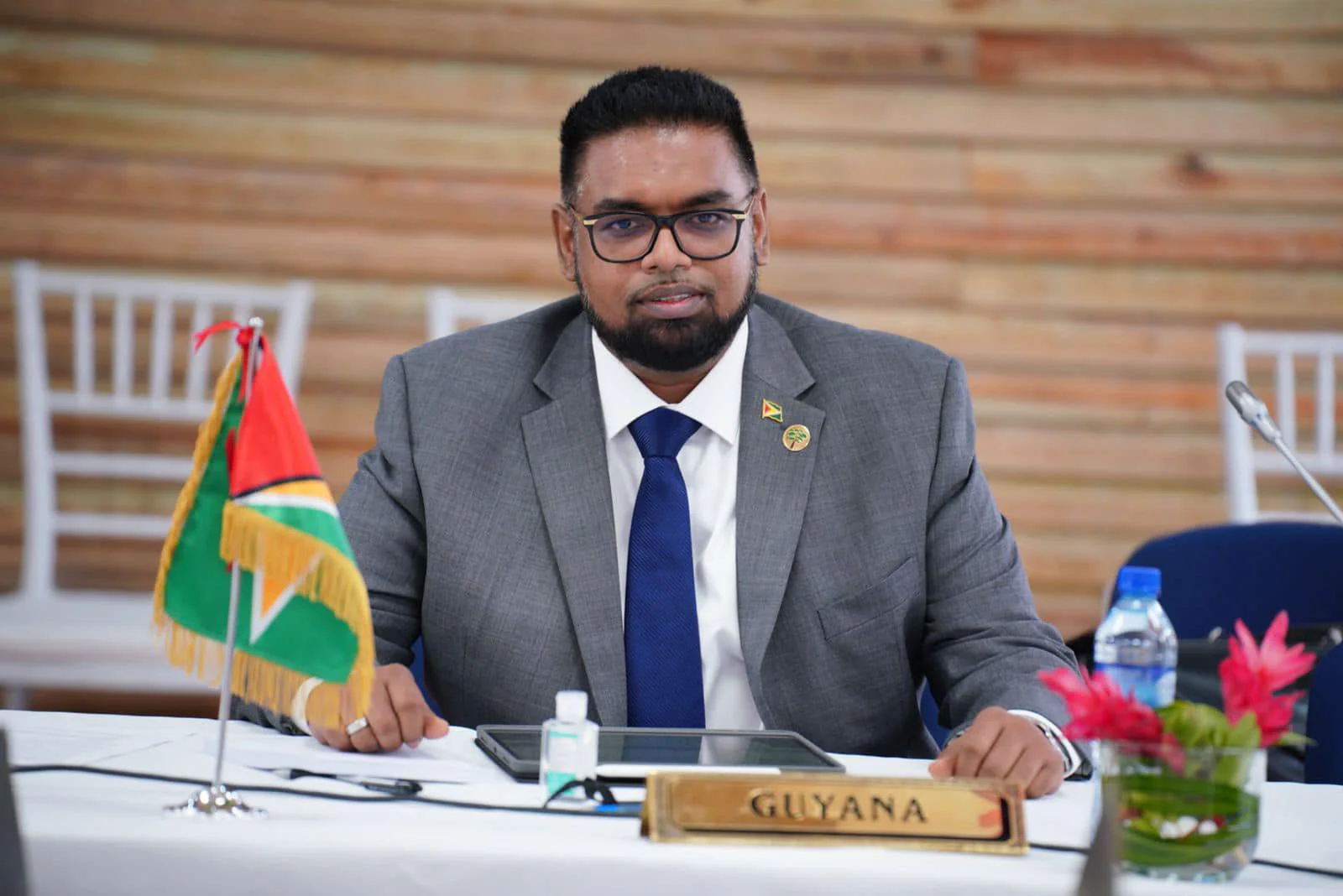Close

A rare display of disunity unfolded in Guyana’s Parliament on May 24 when opposition lawmakers walked out en masse during a vote on a motion supporting Guyana’s sovereignty over the contested Essequibo region. The government-tabled resolution—condemning Venezuela’s defiance of international orders by planning to hold local elections in Essequibo—ultimately passed unanimously by the remaining government MPs. However, the opposition’s boycott marked the first time in memory that Guyana’s political parties failed to present a united front on a territorial defense matter.
Foreign Minister Hugh Todd had introduced the motion urging the National Assembly to “unequivocally reaffirm” Guyana’s territorial integrity and denounce Caracas’ provocative actions. The statement referenced a May 1, 2025 order by the International Court of Justice (ICJ) barring Venezuela from proceeding with a planned sham vote to create a “state” in Essequibo, which comprises two-thirds of Guyana’s landmass. Todd declared that “Guyana will not be bullied, threatened, or intimidated to surrender any portion of our patrimony,” drawing thumps of approval from the government bench.
But as debate opened, Opposition Leader Aubrey Norton rose to criticize the motion’s process. He accused the PPP/C government of “selective” consultation, claiming it excluded opposition input on the wording. Norton proposed withdrawing and redrafting the motion together, arguing that bipartisanship was needed for such a critical national issue. He then launched a tirade, calling the government “a hopeless bunch depending on the ICJ” and asserting that “unilateralism will not succeed” against Venezuela. Norton contended that the Ali administration lacked a contingency plan or robust diplomatic strategy beyond the court case, and cited ignored opposition suggestions like deploying special envoys and running Spanish-language media campaigns to rally regional support.
When it became clear the government would not delay the vote, Norton led his APNU+AFC MPs out of the chamber in protest. The exodus stunned observers in the gallery. Government parliamentarians shouted “Shame!” as the opposition filed out, leaving empty seats on their side. History will record that on this day, Guyana’s opposition withdrew support on a sovereignty issue—an unprecedented breach of the united stance long maintained in the face of Venezuela’s claims.
Nonetheless, the remaining 33 government MPs approved the motion, entering it into the official record as Resolution No. 83 of 2025. The adopted resolution reaffirms the 1899 Arbitral Award that set Guyana’s borders and condemns Venezuela’s planned Essequibo vote as unlawful and void. It directs that copies be dispatched to the UN, OAS, Commonwealth, and other international bodies to galvanize support. Prime Minister Mark Phillips, speaking after the vote, reiterated that “there is no such state in Guyana” as what Venezuela purports to elect a governor for, and he lauded Parliament for standing up for national sovereignty despite the opposition’s absence.
The opposition’s walkout has drawn sharp criticism from the government and sections of civil society. President Irfaan Ali blasted it as “unpatriotic grandstanding,” saying the opposition “put politics above country.” Even some traditional government critics expressed dismay. The Guyana Human Rights Association noted that bipartisan solidarity on border issues has been a hallmark of Guyana’s diplomacy, and breaking that solidarity could undermine the country’s case on the world stage. The small Working People’s Alliance (WPA), an opposition-aligned party, publicly appealed to APNU and AFC leaders to “put national interest first” and urgently repair the rift between them on this issue. On the streets of Georgetown, many Guyanese voiced embarrassment. “No matter our politics, Essequibo is ours—we expect our leaders to stand together on that,” one newspaper editorial declared after the incident.
Opposition Leader Norton has defended the walkout in subsequent press conferences, insisting that his party was not against the content of the motion but against being excluded from shaping it. He argued that a joint motion would have sent a stronger message of unity to Venezuela. Norton also implied the government was trying to score political points, saying “patriotism isn’t a PPP monopoly.” Still, some opposition members have privately acknowledged the walkout was poorly timed, especially as Venezuela’s aggression is intensifying. Venezuela has been amassing troops near the border, and an opposition stance not fully condemning Caracas risks political fallout at home.
Analysts note that the PPP/C may capitalize on this in the election campaign, casting the opposition as failing a leadership test on a fundamental national security matter. PPP General Secretary Bharrat Jagdeo already seized on it, stating: “Guyanese saw clearly who stood up for our country and who walked away.” He contended that the APNU+AFC has “abdicated its responsibility to the nation”—strong rhetoric likely aimed at swing voters.
Meanwhile, in the international arena, Guyana’s diplomatic approach continues unaffected. The government has forwarded the parliamentary resolution to the ICJ as further evidence of Guyana’s consistent position. CARICOM, in a statement, praised Guyana’s measured handling of Venezuela’s provocations and implicitly chided the lack of unanimity in Parliament by urging “all stakeholders in Guyana to present a unified front in defense of sovereignty.” The United States Embassy also weighed in gently, tweeting that it “supports Guyana’s peaceful efforts to uphold the 1899 Award” and noted that bipartisan unity is ideal in such efforts.
As Guyana heads toward elections, the Essequibo dispute remains a rallying point for nationalism. The opposition walkout, however, has muddied the waters. Whether it will be seen by voters as a principled stand for inclusivity or a blunder that undercut national unity remains to be seen. For now, Resolution 83 stands as Parliament’s official voice, firmly rejecting Venezuela’s “illegal” actions. But the image of empty opposition benches during that vote serves as a poignant reminder of domestic political cracks appearing even amid an external threat.

The Guyana Project is an independent media platform delivering fact-checked, ground-level reporting on politics, economy, and public life in Guyana. With a focus on transparency and development, we bring unfiltered news and thoughtful analysis to help shape a more informed, forward-looking nation.

GEORGETOWN – Opposition walkout on Essequibo motion sparks political furor

Lorem Ipsum is simply dummy text of the printing and typesetting industry. Lorem Ipsum has been the industry’s standard dummy text ever since the 1500s, when an unknown printer took a galley of type and scrambled it to make a type specimen book. It has survived not only five centuries, but also the leap into electronic typesetting, remaining essentially unchanged. It was popularised in the 1960s with the release of Letraset sheets containing Lorem Ipsum passages, and more recently with desktop publishing software like Aldus PageMaker including versions of Lorem Ipsum.
t is a long established fact that a reader will be distracted by the readable content of a page when looking at its layout. The point of using Lorem Ipsum is that it has a more-or-less normal distribution of letters, as opposed to using ‘Content here, content here’, making it look like readable English. Many desktop publishing packages and web page editors now use Lorem Ipsum as their default model text, and a search for ‘lorem ipsum’ will uncover many web sites still in their infancy. Various versions have evolved over the years, sometimes by accident, sometimes on purpose (injected humour and the like).
Contrary to popular belief, Lorem Ipsum is not simply random text. It has roots in a piece of classical Latin literature from 45 BC, making it over 2000 years old. Richard McClintock, a Latin professor at Hampden-Sydney College in Virginia, looked up one of the more obscure Latin words, consectetur, from a Lorem Ipsum passage, and going through the cites of the word in classical literature, discovered the undoubtable source. Lorem Ipsum comes from sections 1.10.32 and 1.10.33 of “de Finibus Bonorum et Malorum” (The Extremes of Good and Evil) by Cicero, written in 45 BC. This book is a treatise on the theory of ethics, very popular during the Renaissance. The first line of Lorem Ipsum, “Lorem ipsum dolor sit amet..”, comes from a line in section 1.10.32.